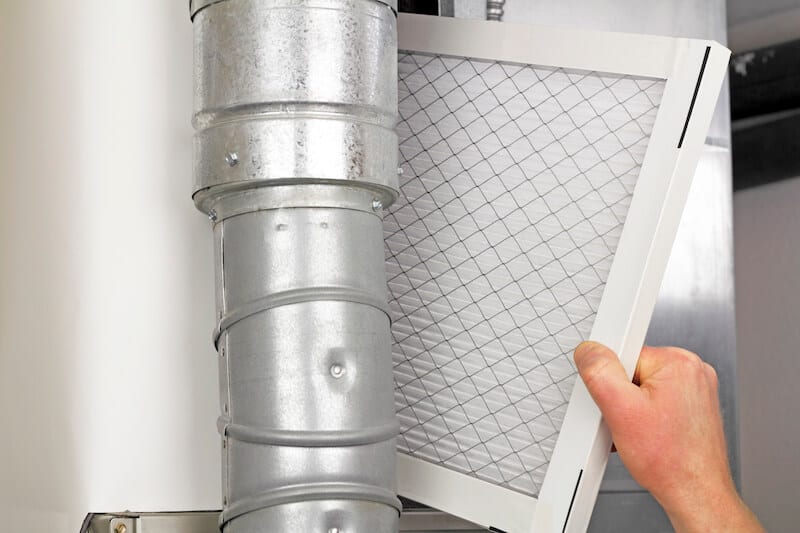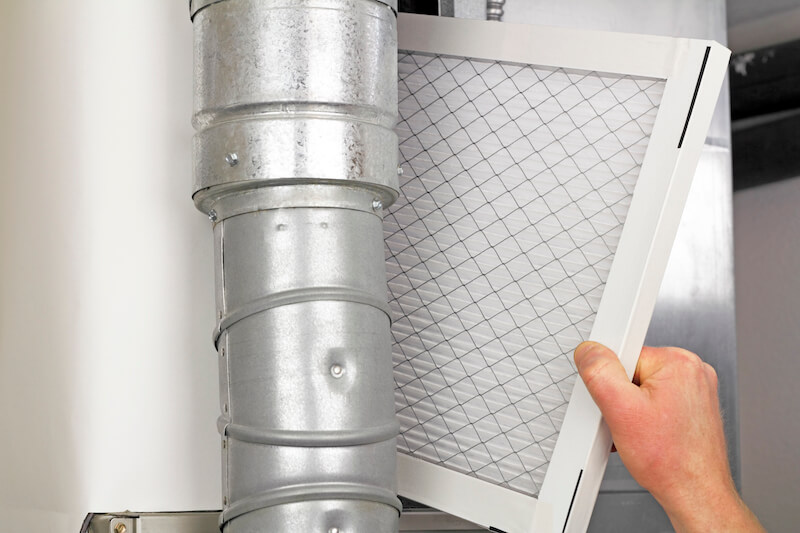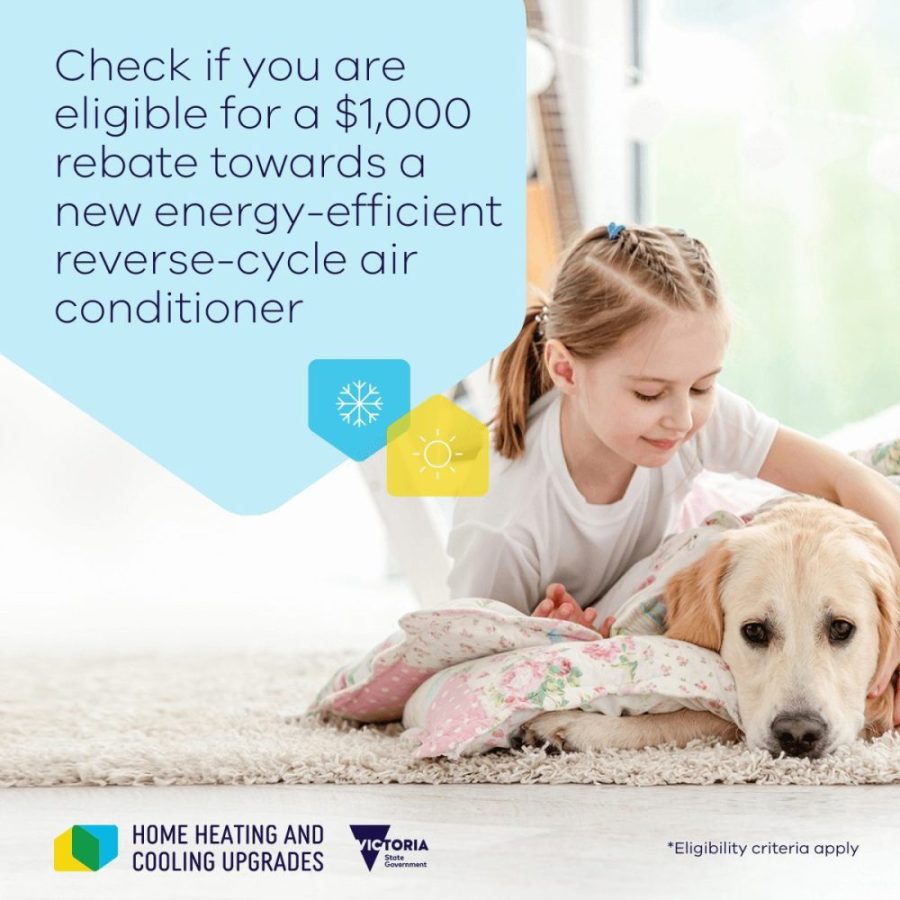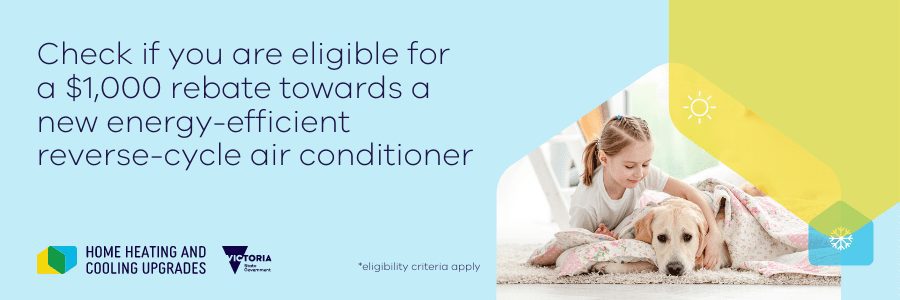We all need to be able to heat and cool our home in a way that’s effective and energy efficient—but it also needs to be safe. While heating and cooling systems are generally safe to use, there are a few safety hazards you need to look out for to minimise any potential risk to your family and loved ones.
Blocked or Dirty Filters
Filters play an important role removing dust and impurities from the air distributed by your heater or cooler. When filters become blocked or dirty, they can inhibit air flow to the unit, allow dust to build-up on the blower, and circulate a range of potentially harmful toxins through the air in your home which can trigger a range of health issues.
Check the user manual for your heater or cooler to see how often the filters need to be cleaned. While most filters need to be cleaned every 3-6 months, if you have pets or family members who suffer from allergies, they may need to be cleaned or replaced more frequently.
Worn-Out Parts or Components
Over time, the parts and components in air conditioning units can become worn and damaged. Not only will this affect the performance of the unit, but it can also cause a system malfunction and present a major fire risk.
While most systems can operate safely for many years, it’s worth getting the parts and components in the system checked regularly for damage and immediately replacing anything which is showing signs of age before it can develop into something more hazardous.
Damaged Fan Blower
A damaged fan blower can lead to poor air circulation and compromise the air quality in the home. A damaged fan blower also places additional strain on the unit, which can also lead to overheating. While most units will automatically shut themselves off to prevent major damage, it’s an issue you still need to get onto quickly.
Unventilated System
Home climate systems need to have adequate ventilation to be able to work effectively. Ventilation is important as it not only helps to remove pollutants from the air, but it can also help to regulate the moisture or humidity levels in the home to improve the level of comfort.
Ventilation is particularly important when operating an evaporative cooling system, as a moisture build-up can lead to the formation of mould or mildew.
Gas Leaks
Air conditioning and heating systems can each be responsible for hazardous gas leaks.
Air conditioners can leak refrigerant, which can prevent the system from cooling effectively and cause irreparable damage to the unit. An air conditioner gas leak can also be hazardous to your health, responsible for causing a range of serious health symptoms.
Gas heaters can also be responsible for leaking dangerous Carbon Monoxide (CO) gas, which is produce during the combustion process. Unlike natural gas or LPG, a CO leak is harder to detect as it is completely odourless, colourless and tasteless, with exposure leading to a range of serious health issues, or even death.
Think something might not be right with your heating or cooling system? Contact the team at HeatCool to arrange a visit from one of our licenced technicians.
Related Tag: Hot Water System Maintenance






